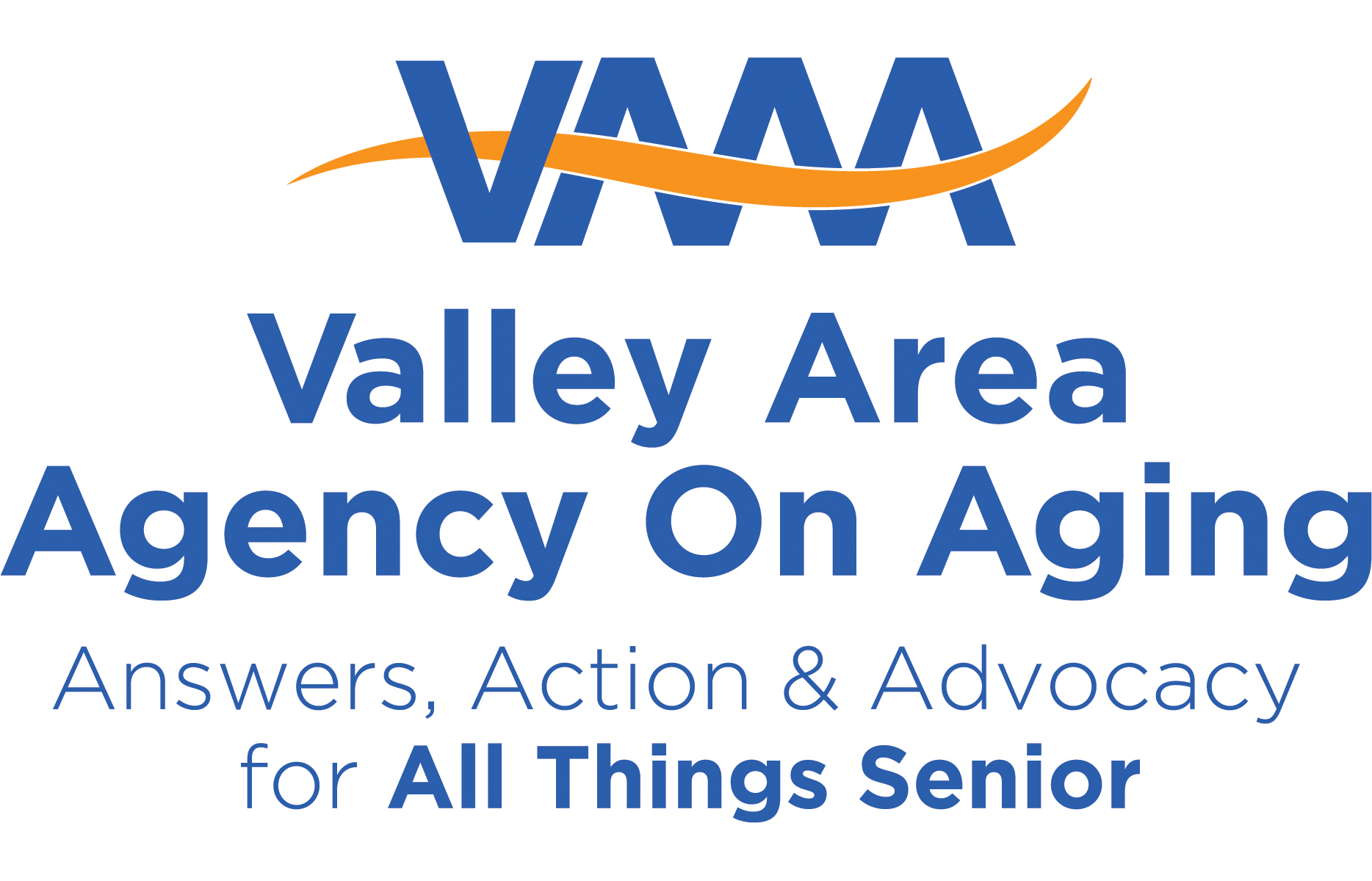Am I A Caregiver
Recognizing one’s role as a family caregiver seems like an obvious initial step in the caregiving journey. However, a surprising number of people skip this integral first phase, diving right into their elder care responsibilities.
You will learn to recognize when an aging loved one needs additional help, how to distinguish between the changes caused by “normal aging” and changes that could signify that something worse is wrong with an elder, and uncover valuable insights about the four main categories of family caregivers.
When an Elderly Loved One Needs Extra Help
Family members of aging adults typically travel one of two paths to becoming a caregiver: the sudden sprint, or the gradual march. The sudden sprint towards providing care for a loved one is often set off by an unexpected event-a stroke, a fall, complications surgery-which acts as a catalyst, escalating your family member’s care needs practically overnight.
The gradual march in the direction of caregiving is less abrupt. You can’t say exactly when it begins, but you’ve started noticing little changes in how your family member interacts with the world around them. Perhaps they’re getting lost while driving to the grocery store, or they are having trouble keeping track of their medications, or balancing their checkbook- tasks they’ve performed countless times over the years, without any problem.
Whether the change is sudden or gradual, there are certain signs you can look for that indicate when your loved one is having trouble attending to their own needs.
If your family member is consistently exhibiting the kinds of actions and behaviors outlined to the right, they may soon be in need of extra care.
Identifying the presence of these indicators early on will enable you, your aging loved one, and the rest of your family, to come up with a plan to make sure everyone’s needs get met.
Creating Confident Caregivers
Creating Confident Caregivers is a program for family members caring for a loved one with dementia and/or memory loss. Two-hour sessions are held once a week for six weeks and lead by a dementia care specialist. In this program, caregivers will learn dementia and its effects on the brain, caregiver resources in Region 5, managing behaviors, improving caregiving skills, how to handle everyday activities more easily, and taking care of yourself to better care for your loved one!
22 Common Signs Your Loved One May Need Extra Help
Physical -Fluctuating Weight -Balance Problems -Poor Hygiene -Sleeping Too Much or Too Little -Unexplained Burns or Bruises
Home Environment -Unkempt Yard -Unusual Carpet Stains -Excessive Clutter (Newspapers, Piles of Junk Mail) -Unusual Odors (Urine, Garbage) -Not Enough Food in the House -Failure to Turn Off Stove or Water After Use
Emotional -Mood Swings -Abusive Behavior, Outbursts -Lack of Motivation -Uncharacteristically -Anti-Social Behavior
Cognitive -Confusion -Memory Loss -Repetition -Hallucinations
Other -Dents/Scratches on the Car -Unfilled or Untaken Prescriptions -Unpaid Bills
